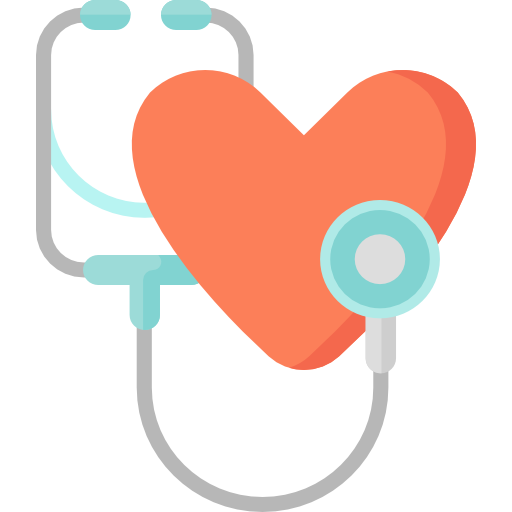The body's natural response to stress is anxiety. It's that uneasy feeling that hangs over your head, heartbeat racing, and palms sweaty. Most people get this feeling from time to time. While some worry and concern are normal, it becomes a problem when it begins interfering with your daily routine.
Anxiety can present differently from person to person. There are several types of anxiety disorders, all of which can be crippling mental illnesses. Luckily, with proper care, many sufferers can control their symptoms and lead full, healthy lives.
What is an Anxiety Disorder?
Anxiety disorders are psychiatric disorders that involve extreme fear or worry. This feeling often centers on a particular event, situation, person, or place. Because the symptoms can be overwhelming, these disorders can be challenging to live with and require medical help to manage. If you are struggling with anxiety, speak with one of our online doctors to see how we can help you start feeling better.
Types of Anxiety Disorders
The term anxiety disorders encompasses many types of fears. Some of the most common anxiety disorders include:
- Generalized Anxiety Disorder (GAD) - This refers to excessive worry surrounding daily tasks or daily life itself.
- Panic Disorder - This is an unexpected feeling of fear that can occur without any warning. Panic disorder can feel like anxiety for no reason. It often occurs in people with a family history of psychiatric disorders or experiencing very stressful situations.
- Situational anxiety - This is worry surrounding a particular situation in your life, such as a relationship, work issue, or illness. The fear is usually limited to this situation.
- Phobias - This is an extreme worry, fear, concern over a specific thing, place, or situation. Specific phobias usually focus on the known trigger.
- Separation Anxiety Disorder - This refers to the fear, worry, and concern over being separated from a loved one.
- Health Anxiety- This refers to extreme health worries. It may go hand in hand with hypochondria, which is the fear that you have a condition you do not.
- Social Anxiety Disorder - This psychiatric disorder is characterized by severe discomfort when in public. This may manifest as a fear of being watched or speaking to others. It can significantly affect participation in normal day-to-day activities.






